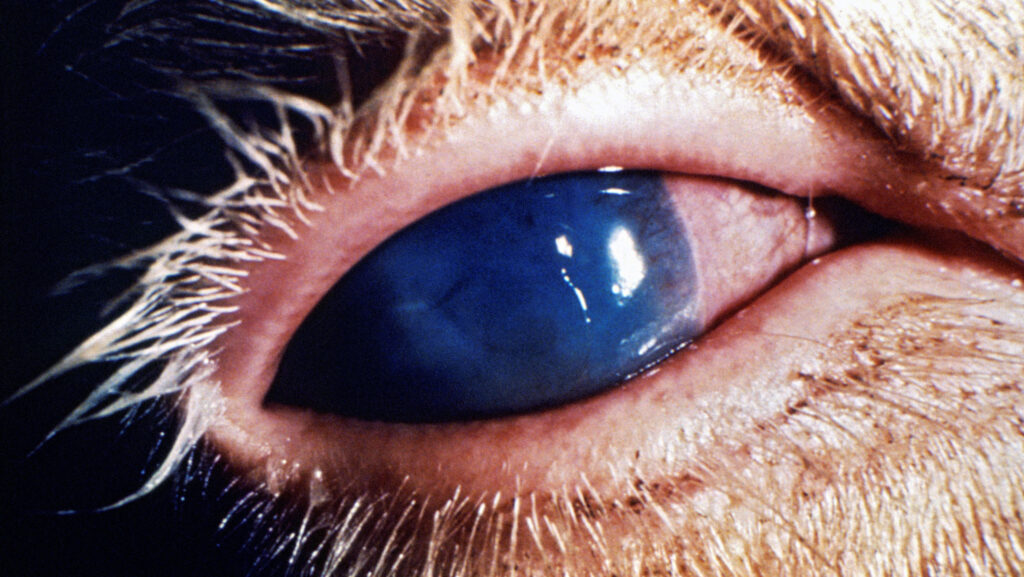New malignant catarrhal fever test launches in UK
 © Alamy Stock Photo
© Alamy Stock Photo Stock farmers can use a new test offered by a Northern Irish laboratory to identify a deadly and untreatable disease in sheep and cattle.
Malignant catarrhal fever (MCF) can be hard to distinguish from bluetongue, bovine viral diarrhoea and infectious bovine rhinotracheitis, say scientists at the Agri-Food and Biosciences Institute (AFBI).
See also: Dorset and Devon farms report rare cattle fever
No vaccine or treatment exists for MCF. AFBI says it will charge £20 for the polymerase chain reaction (PCR) test, adding this will complement the existing MCF antibody test.
Testing
There are three sample types to submit to AFBI for MCF testing:
- Nasal swabs (preferred method)
- Organs
- Whole blood in an EDTA collection tube or heparin vacutainer.
Vets are advised to select the test from the virus detection section of AFBI’s farm animal submission form.
How to spot MCF
MCF can affect multiple organ systems, including respiratory, gastrointestinal, neurological, and skin. Symptoms can appear months after initial contact and can include:
- Reduced milk yield
- Fever
- Loss of appetite
- Depression
- Enlargement of all lymph nodes
- Corneal opacity
- Discharge from the eyes and nose
- Crusting and ulceration of the mucous membranes and skin
- Seizures.
What is malignant catarrhal fever?
- Affects hoofed animals like sheep, cattle and deer
- Most commonly caused by ovine herpesvirus-2 in the UK
- Cattle can be killed by MCF within five to 10 days of clinical onset
- Morbidity rates of more than 95% can be seen in cattle
- Sheep can be lifelong carriers of a subclinical infection
- Tends to affect single cattle, but can sometimes flare up and affect a group
- Cattle have to be euthanised for welfare reasons
Source: National Animal Disease Information Service
